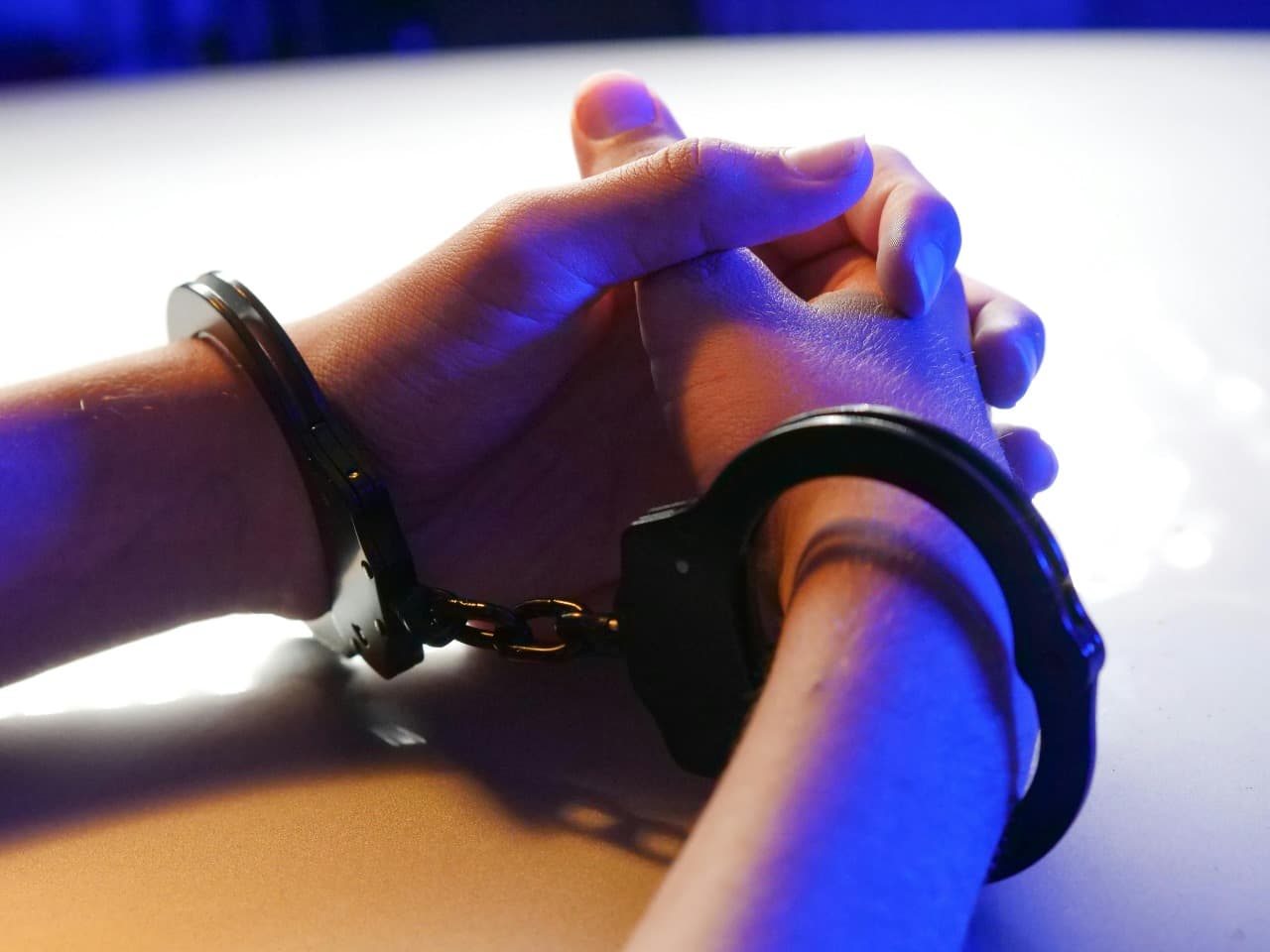Rights of an Arrested Person Under Bhartiya Nyaya Suraksha Sanhita, 2023

Introduction
The Constitution of India, often referred to as the supreme law of the country, provides under Article 21 that “No person shall be deprived of his life or personal liberty except according to a procedure established by law.” Time and again, Article 21 has been accorded the widest possible interpretation by the Hon’ble Supreme Court, upholding people's rights to live a happy and dignified life.
However, under certain circumstances, a person can be deprived of their personal liberty. Among these, **arrest** is a significant reason, involving the curtailment of a person's freedom through legal authority.
Types of Arrests
The Bhartiya Nyaya Suraksha Sanhita (BNSS), 2023, classifies arrests into:
- Arrests made with a warrant issued by a Magistrate.
- Arrests made without a warrant but in accordance with legal provisions.
In both cases, safeguards exist to ensure the rights of the arrested persons are protected.
Rights of an Arrested Person
- **Right to Be Informed**: An arrested person must be informed of the grounds and reasons for their arrest, along with their right to inform a friend or relative.
- **No Unnecessary Restraint**: Restraints used should not exceed what is necessary to prevent escape.
- **Right to Meet an Advocate**: A person has the right to consult an advocate of their choice during interrogation, although not throughout.
- **Right to Bail**: In non-bailable offences, the arrested individual should be informed about their right to seek bail.
- **Right to Necessary Wearing-Apparel**: An arrested person is entitled to have necessary clothing.
- **Right to Health**: Authorities must take reasonable care of the health and safety of the arrested person.
- **Right to Medical Examination**: An arrested person should be examined by a medical officer.
Safeguards for Female Arrestees
The BNSS includes additional provisions to safeguard the rights of female arrestees:
- Presumption of submission during arrest, avoiding unnecessary physical contact unless necessary.
- Medical examinations for female arrestees must be conducted by female medical practitioners.
- Arrest and searches involving women must be conducted by female officers, with strict regard for decency. Women should not be arrested after sunset and before sunrise, except under exceptional circumstances.
Judicial Precedents
Over the years, courts have reaffirmed the rights of arrestees through various landmark judgments:
- **D.K. Basu v. State of West Bengal (1996)**: Laid down guidelines for arrest and detention procedures.
- **Joginder Kumar v. State of U.P. (1994)**: Differentiated between FIR registration and the necessity of arrest.
- **Sheela Barse v. State of Maharashtra (1983)**: Highlighted the right of the accused to be informed about their medical examination rights.
Conclusion
The BNSS, 2023, along with constitutional and judicial safeguards, ensures that an accused individual is treated with dignity. While their movement may be curtailed, they are protected from undue hardships until proven guilty.